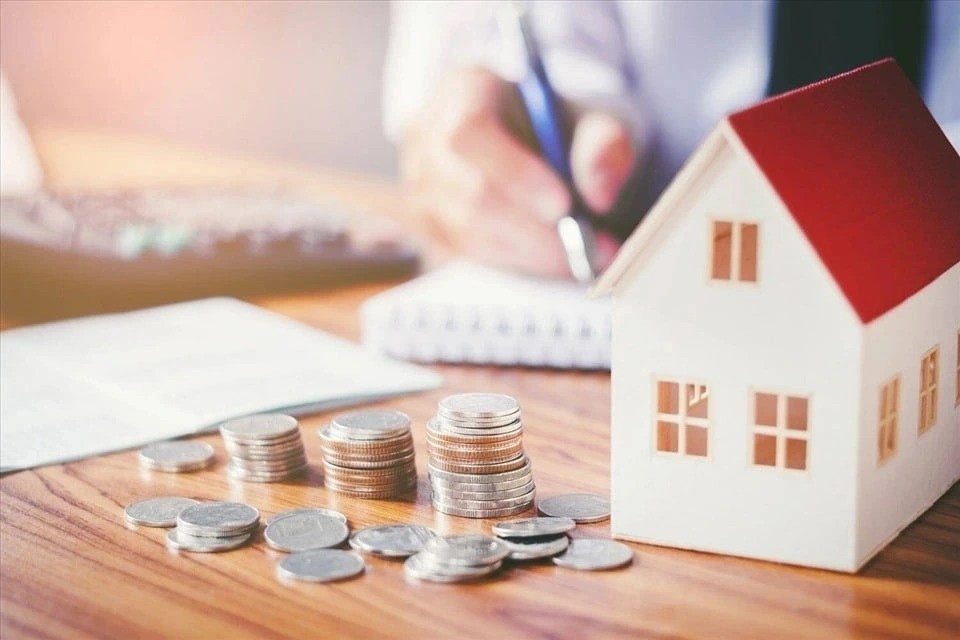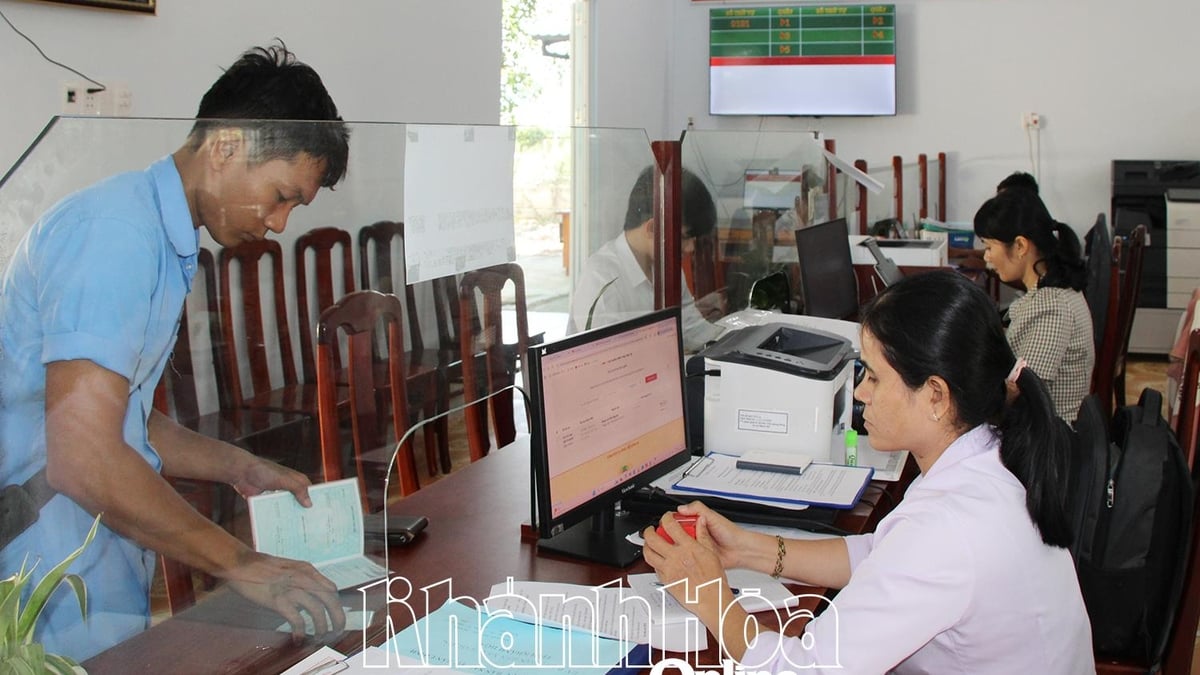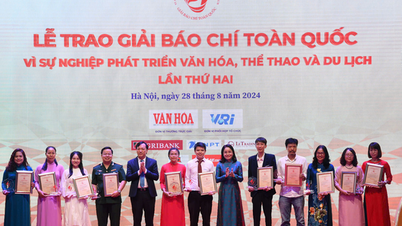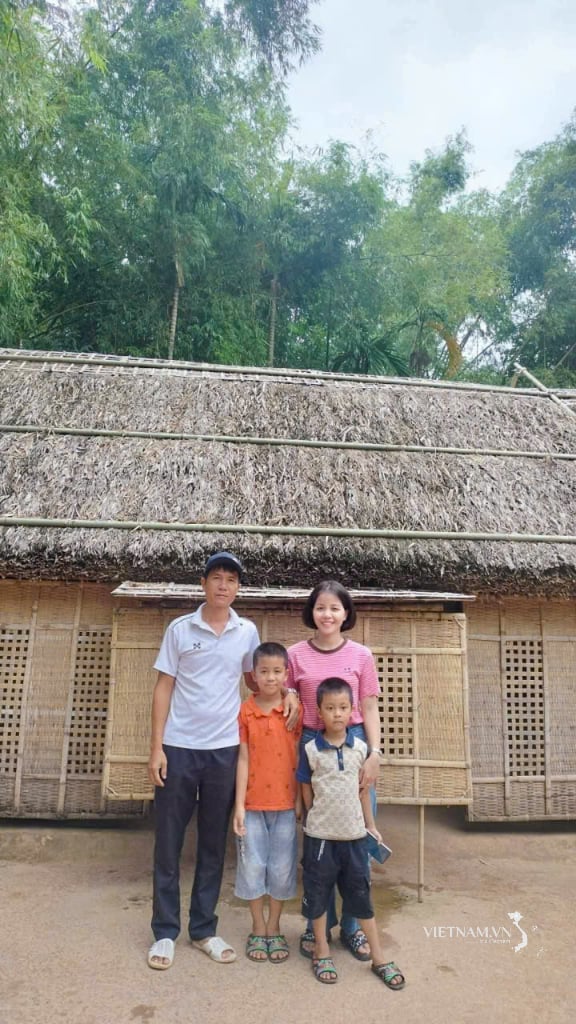
According to Article 2 of Circular 111/2013/TT-BTC of the Ministry of Finance , income subject to personal income tax (PIT) from real estate transfer is income received from real estate transfer, including:
- Income from land use rights transfer.
- Income from transfer of land use rights and assets attached to land. Assets attached to land include:
+ Housing, including future housing.
+ Infrastructure and construction works attached to land, including future construction works.
+ Other assets attached to land include assets that are agricultural , forestry, and fishery products (such as crops and livestock).
- Income from transfer of ownership of housing, including housing formed in the future.
- Income from transfer of land lease rights and water surface lease rights.
- Income from contributing capital in the form of real estate to establish a business or increase the business's production capital according to the provisions of law.
- Income from authorizing real estate management where the authorized person has the right to transfer the real estate or has the same rights as the real estate owner as prescribed by law.
- Other income received from real estate transfer in any form.
Regulations on housing and future construction works stated in Clause 5 of this Article shall comply with the law on real estate business.
Proposal to impose 20% personal income tax on real estate transfer income
Recently, the Ministry of Finance has informed about a number of issues of public, social and press interest related to the draft Law on Personal Income Tax (replacement).
Specifically, the Ministry of Finance has proposed applying personal income tax to real estate transfers by individuals by multiplying taxable income by the tax rate of 20% for each transfer.
This taxable income is determined by the selling price minus the purchase price and reasonable expenses related to generating income from the transfer of real estate.
In case the purchase price and related costs are not determined, personal income tax is calculated by multiplying the selling price by the tax rate. The tax rate in this case will depend on the ownership period, up to a maximum of 10%.
However, recently, there have been many opinions that it is necessary to study the regulations on collecting personal income tax on real estate transfer activities to ensure compliance with the nature of economic transactions. Specifically, personal income tax is collected at a rate of 20% on taxable income; in which, taxable income is determined by the real estate transfer price for each transfer minus the real estate purchase price and related costs.
In response to the above comments, in the draft Law on Personal Income Tax (replacement), the Ministry of Finance is proposing an additional option to collect personal income tax on real estate transfers at a tax rate of 20% on income. Through calculations, compared to the current tax rate of 2% on the transfer price, collecting 20% tax on taxable income will regulate the tax to ensure it is at an equivalent level. In some cases (the difference between the selling price and the purchase price is less, no income is generated or there is a loss), collecting 20% on income will be more beneficial for individuals, regulating tax collection according to the actual income of real estate transactions.
However, the collection of personal income tax according to the 20% method on income needs to have a suitable roadmap, ensuring synchronization with the process of perfecting other policies related to land, housing, or the readiness level of the database as well as the information technology infrastructure on registration and transfer of land, real estate... Thereby, it can create conditions for tax authorities to have enough information and legal basis related to real estate transfer activities to collect the correct amount of tax payable.
Source: https://baolaocai.vn/cac-khoan-thu-nhap-chiu-thue-thu-nhap-ca-nhan-tu-chuyen-nhuong-bds-nam-2025-post650013.html


























![[Photo] National Assembly Chairman attends the seminar "Building and operating an international financial center and recommendations for Vietnam"](https://vphoto.vietnam.vn/thumb/1200x675/vietnam/resource/IMAGE/2025/7/28/76393436936e457db31ec84433289f72)








































































Comment (0)